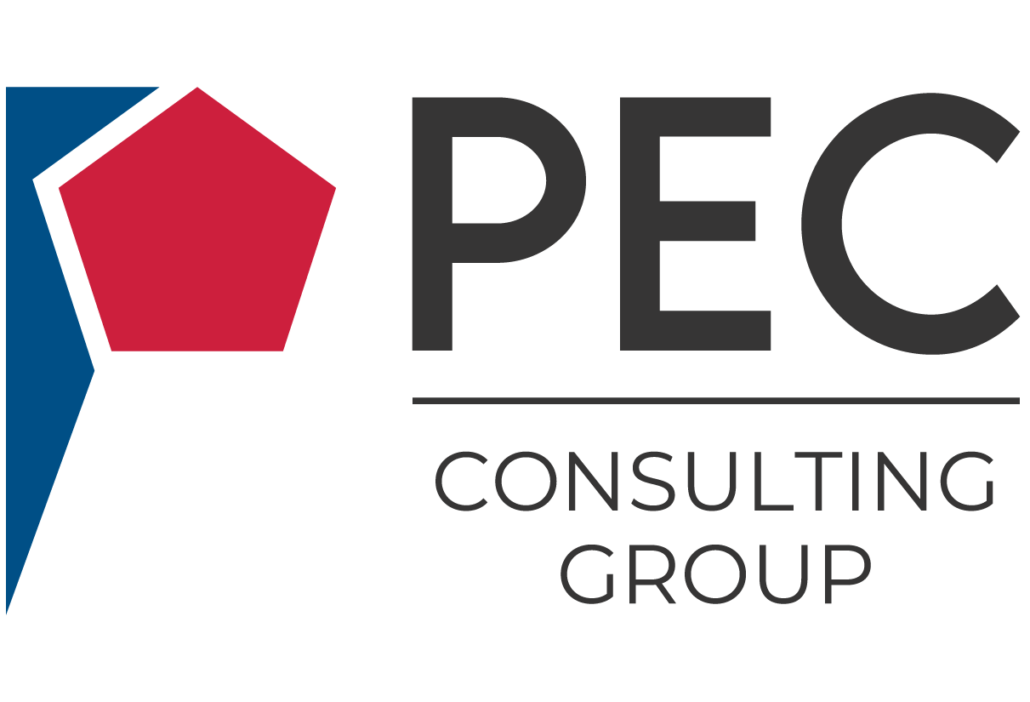Benefits of Training
By Jagrut Upadhyay
Training imparts continuing education and brings the operators up to date in their skills to perform and respond more efficiently to emergencies. Training is essential for any organization, especially mineral processing industries, such as cement or lime plants, where continuous uninterrupted operations are key to the company’s profitability.
There is significant value to a company in training its employees. Increasing the knowledge of a particular job’s function enhances the employee’s understanding of a particular process / operation. And training lifts the morale of the operating personnel and raises their consciousness on technical issues. Operating personnel are usually eager to learn advanced techniques or new skills in order to perform their duties more effectively and keep themselves updated with industry developments.
Cement manufacturing is a complex process that calls for teamwork among the operators of the various units of a cement plant: Pre blending of various minerals, Drying and grinding, Homogenizing, Pre-heating and Calcining, Burning, Coal drying and grinding and Cement Grinding and Packing. The entire process also involves material handling and other mechanical operations which influence the process and eventually the operation of the plant.
It is important that people fully understand how their area of work relates to the total process. Training allows them to see the “Big Picture”.
During training the employees also benefit from learning recent trends in the industry and technological developments. It is an opportunity to interact with experienced personnel and experts and learn design considerations, effect of design parameters on the process and operation, etc.
The specific reasons and benefits of training are:
-
- Continuous education.
- Advanced techniques and new skills.
- Stay competitive.
- Enhance team work.
- Improve quality and productivity.
- Keep updated with industry developments.
- Improvements in overall plant performance.
1. What Can PEC Consulting Do?
Training is imparted to make trainees understand the subject in a very simple manner. Simple language and to–the-point description make both training as well as the subject interesting.
Many encouraging results such as gain in production and equipment’s operational efficiencies, increased availability and reduced downtime, and enhanced equipment safety are true benefits of training. Organizational Benefits of training are listed as follows:
-
- Improved and efficient work practices.
- Stable, experienced, well-trained and highly skilled work force.
- Reduced wastage of time and resources.
- Improved plant efficiency parameters.
- Motivated staff.
- Increased satisfaction levels.
- Enhanced equipment life.
2. Elements of Training
Imparting training involves the following elements:
-
- Handouts and course materials.
- Classroom training and group discussion.
- On-field or in-plant training.
3. Handouts and Course Material
Handouts and Course material are a permanent reference and guide for the participants. They broadly include:
-
- Explanation on details of the subject.
- Engineering, Design and Safety features of the equipment and Process safety.
- Operational aspects.
- Theoretical and Calculation elements.
4. Classroom Training and Group Discussion
One-on-one and group discussions during classroom training help to better understand basic design criteria, fundamentals of various calculations, and how to make use of process parameters and information gathered to improve a given equipment’s performance.
Classroom training generally covers the following subjects:
-
- Chemistry.
- Basic chemical formulae and reactions.
- Basic Calculations.
- Manufacturing process.
- Equipment – features and operation.
- Plant operation.
Classroom training and group discussion also involves the following:
-
- Delivering lectures and presentations.
- Sharing Knowledge and Experience.
- Discussion on critical aspects of plant operation.
- Understanding the importance and inference of process parameters.
- Analysis of process parameters.
- Understanding Process control logics and Equipment Safety logics and their consequences.
5. On Field or In-Plant Training
In-plant training is different from the classroom environment. On field or In-plant training provides an industrial exposure to new entrants. It enables the participants to acquire more practical knowledge of the equipment.
On field or In-plant Training provides distinct advantages:
-
- Equipment inspection.
- Information on “What to look for”.
- Physical inspection provides information on equipment conditions.
- Practical experience of process parameters measurements.
- Enhanced accuracy of measurements.
- Understanding the importance of maintenance and its effects on process parameters.
6. Summary
A small amount of capital spent on training may be viewed as an Investment on Human Capital rather than expenditure. In simple economic terms, a 1% increase in production through less downtime and increased productivity will result in additional cement availability of 10,000 t/year from a 1 million ton/year plant. Assuming a margin of USD 40 per ton, this will yield an increased profit of USD 2,000,000 per year through a small investment in training.
About the Author(s)
Jagrut Upadhyay
Mr. Upadhyay has 30 years of experience in the cement industry. He is an expert process engineer whose core competence lies in the optimization of cement plant operations. He has been responsible for plant upgrades and the implementation of cost-saving measures. He has played an important role as a team leader in the areas of Process Engineering, Plant Operation & Maintenance, Production, Distribution, Plant Commissioning, and Environmental Compliance. He has been involved in projects relative to the evaluation of fuels for use in cement kilns and energy efficiency programs. He holds a Bachelor of Science in Chemical Engineering, D.D. Institute of Technology, Gujarat University, India.
PEC Consulting Group LLC | PENTA Engineering Corporation | St. Louis, Missouri, USA
How can we help you? Get in touch with our team of experts.
